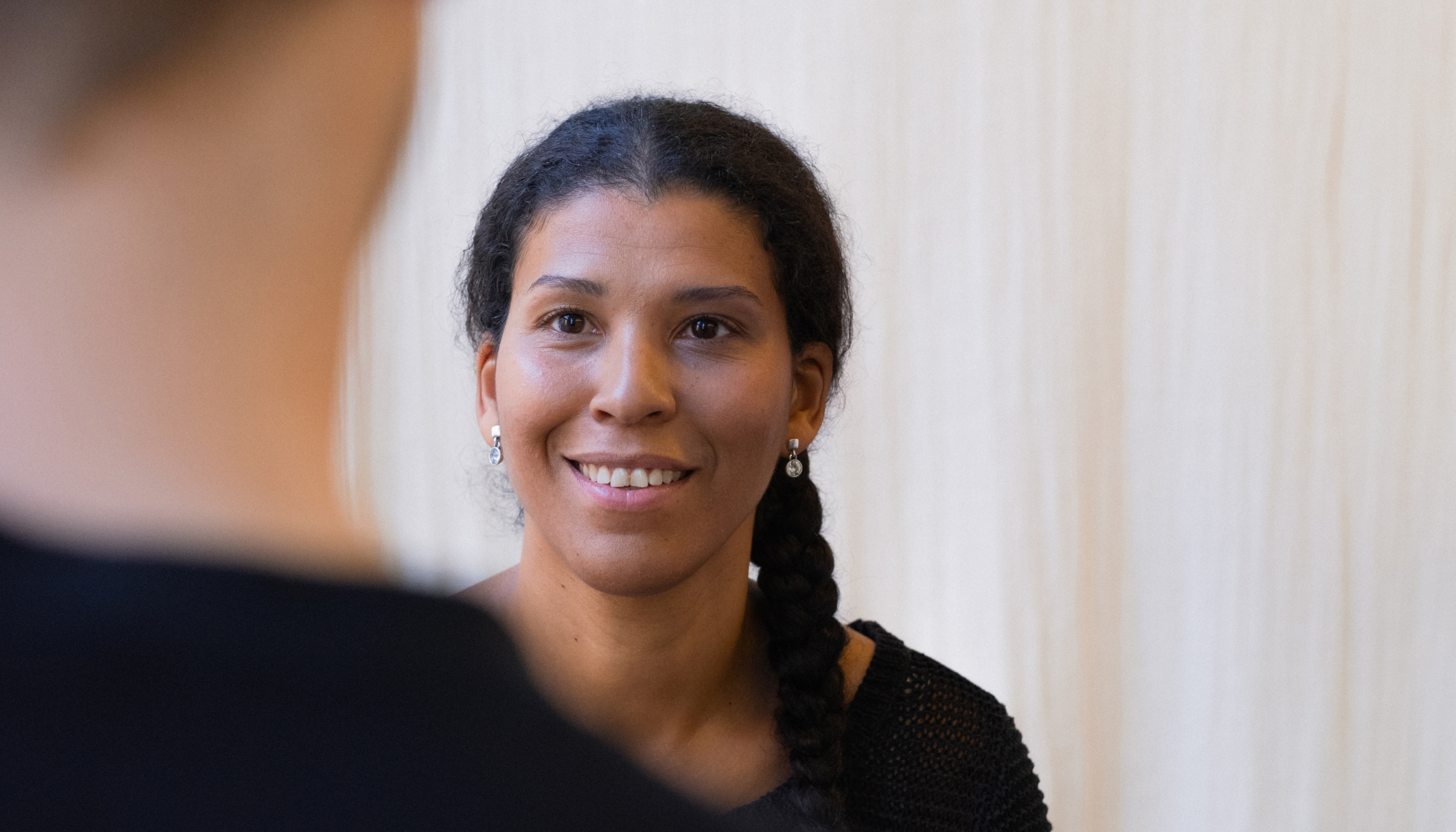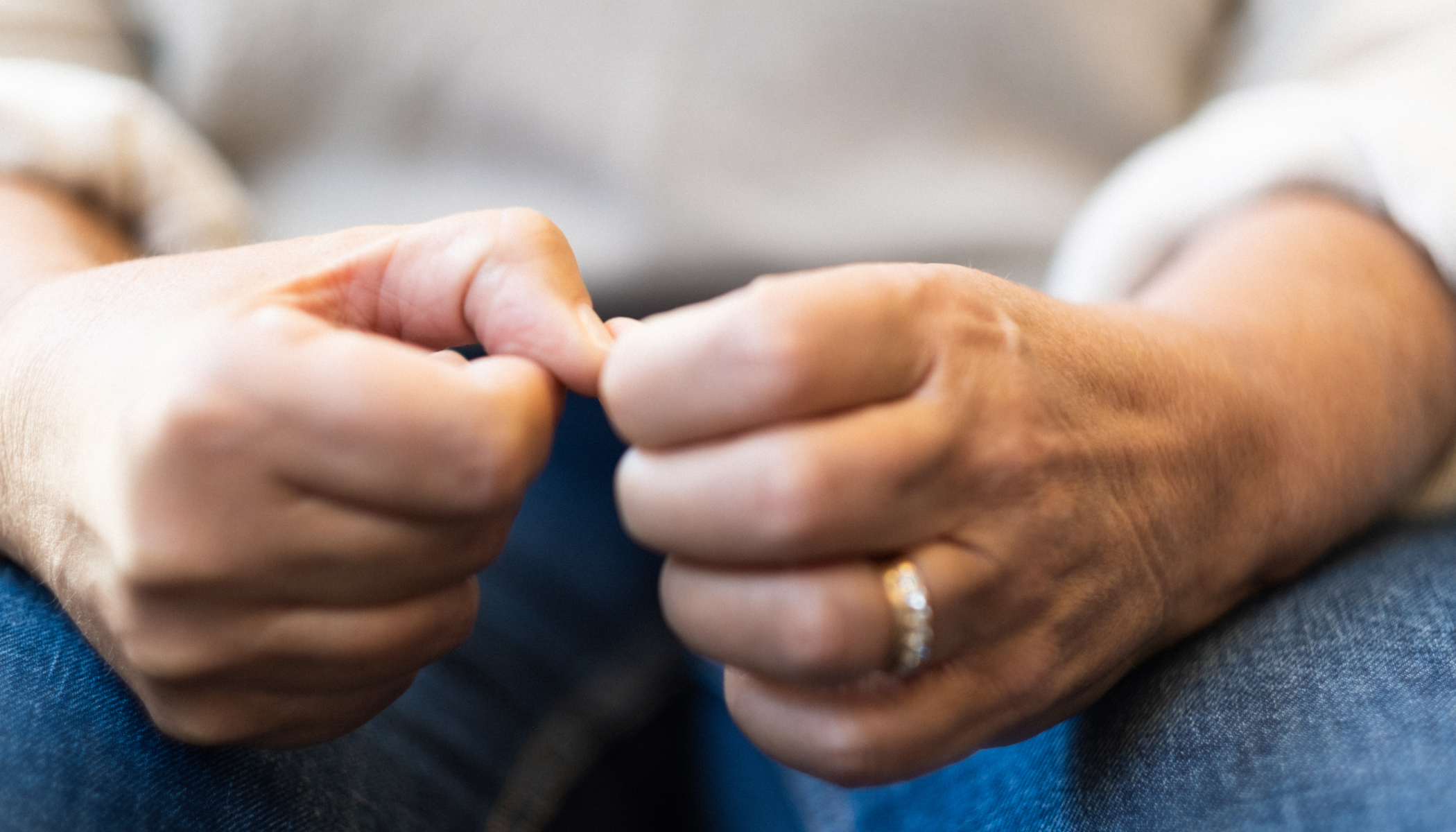It’s common to experience low mood at certain times of the year. ‘For most people, winter feels like life slows down, and for others, summer can bring up negative feelings,’ says Madeleine Gauffin, Livi Psychologist.
But if low mood seriously affects your day-to-day life and returns at a similar time every year, it could be caused by seasonal affective disorder (SAD).
‘There isn’t a distinct line between mild seasonal mood changes and seasonal depression, but doctors usually diagnose SAD syndrome when symptoms are severe and come back for at least 2 years,’ says Gauffin.
What is SAD, and is it the same as depression?
SAD is a type of depression, but the difference is that symptoms appear during certain seasons or times of the year. Like depression, SAD is common and is thought to affect up to 8% of people in Europe.
‘Depression can be a response to difficult circumstances, whereas SAD comes and goes with the seasons, no matter what’s going on in your life,’ says Gauffin.
Most people’s symptoms come in winter, so SAD is sometimes called winter depression. But some people have seasonal depression that comes in summer and goes away in winter.
What is summer SAD?
Summer depression is a less common form of SAD where symptoms appear during spring or summer.
‘Summer seasonal depression can relate to social pressures,’ says Gauffin. ‘We’re expected to be more sociable, and wearing fewer layers may bring up body image issues, triggering low mood.’ Longer days with more sunlight can also disrupt your sleep-wake cycle.
What are the symptoms of seasonal affective disorder (SAD)?
SAD symptoms are similar to depression symptoms and include:
- Low mood that lasts a long time
- Crying or feeling tearful regularly
- Not enjoying the things you used to
- Difficulty concentrating
- Feeling easily annoyed
- Tiredness that doesn’t go away after sleep
- Reduced sex drive
- Suicidal feelings
You might also have other symptoms, depending on whether you have winter or summer SAD.
Winter depression symptoms also include:
- Sleeping more than normal and finding it difficult to wake up
- Craving carbohydrates and sugary foods
- Symptoms that start in autumn/winter and get better in spring/summer
Summer depression symptoms also include:
- Difficulty sleeping
- Feeling less hungry than normal
- Symptoms that start in spring/summer and get better in autumn/winter
Who can be affected by seasonal depression?
Anyone can have SAD, although some people may be more susceptible than others.
‘There is a genetic link in seasonal depression, so you may be more likely to experience it if your parents have it, for example,’ says Gauffin. ‘Another factor is having a mental health condition that makes you more sensitive to mood changes.’
Depression can affect men and women differently, and research suggests that women may be more likely to experience SAD. But men can also be affected, and their symptoms of depression can be slightly different.
What causes SAD?
We don’t fully understand what causes SAD, but sunlight and your internal body clock may have something to do with it.
‘We know that light affects our body clock and the production of certain mood-related hormones, which is why people living in countries with darker, longer winters tend to have more severe symptoms of SAD,’ says Gauffin.
Light stimulates the hypothalamus, the part of your brain that controls your circadian rhythm. This keeps us in sync with the 24-hour day so that our bodies know when to rest and when to wake up.
When the amount of light around you changes, the hypothalamus adjusts the phase of the circadian rhythm you’re in. This sends signals to your body that cause you to produce different amounts of key hormones:
Serotonin –
levels of this ‘feel-good’ hormone may go down, which can affect your mood. One small study also found that, in winter, people with SAD have more serotonin transporters, which could lead to lower levels of serotonin.
Melatonin –
people with SAD may produce more melatonin, a hormone that makes you feel sleepy.
People with SAD may also have differences in their internal body clock that affects their sleep-wake cycle. SAD has been linked to a sleeping problem called delayed sleep phase syndrome, which is when you fall asleep and wake up later than other people.
What can help me with SAD?
Self-help tools can be useful, particularly to ease mild symptoms of SAD.
Get more daylight
‘Even if it’s grey outside, go out and get some natural light. The best time to go out is late morning or lunchtime, and remove your sunglasses so the light can enter your eyes,’ says Gauffin.
Break the cycle
‘It’s easy to get caught in a negative spiral,’ says Gauffin. ‘You feel low so you stay inside, becoming more tired and craving sugary foods, and your mood dips even lower.
‘Try breaking the cycle with small actions – start by going for a walk outside at a regular time each day.’
Be kind to yourself
Different self-help tools work for different people, and it’s okay if you can’t do them all. For example, with SAD you may find it harder to eat healthily – around 1 in 4 people with SAD say they struggle with winter binge eating.
The most important thing is to be kind to yourself and find out what works best for you.
Can I get treatment for seasonal affective disorder (SAD)?
If you’re experiencing seasonal depression, it’s important to know that there’s help available and you aren’t alone. 1 in 10 people has some form of depression in their lifetime.
Treatments for SAD include:
- Lifestyle changes
A doctor can support you to make small changes to help increase your energy levels, sleep better and lift your mood.
- Talking therapy or cognitive behavioural therapy (CBT)
Therapy helps you explore your thoughts and feelings and find new coping strategies. CBT is a specific type of therapy.
- Antidepressants
Medicines such as SSRIs are commonly used to treat depression, and they may help with SAD too.
Can light therapy help with SAD?
Some people find light therapy helps them, but we still don’t have enough evidence to say whether it works. Light therapy involves sitting in front of a special light for 30 minutes every morning to make up for lower light levels in winter.
‘It’s worth trying light therapy because we don’t normally see any harmful effects from it,’ says Gauffin. It’s usually safe unless you have an eye condition or take medicine that makes you sensitive to light.
Can Vitamin D help with SAD?
You can also speak to a doctor about taking vitamin D supplements. ‘This will help rule out vitamin D deficiency, which can have similar symptoms to SAD – such as feeling constantly tired,’ says Gauffin. If you have dark skin, live in a country in the Northern Hemisphere or spend a lot of time indoors, you might consider taking 10 micrograms of vitamin D a day.
What should I do if SAD is affecting my sleep?
Consider talking to a doctor about your sleep. People with SAD often have disturbed sleep, including nightmares. ‘Sleep profoundly affects our ability to cope and should be a priority in dealing with symptoms of depression,’ says Gauffin.
When should I see a doctor about SAD?
If your symptoms affect your daily life or you’re struggling to cope, make an appointment to speak to a doctor.
It’s also a good idea to book an appointment if:
- You think you might have SAD (even if you’re coping)
- You feel low for a long time
- You regularly have trouble sleeping
- Self-help tools aren’t working for you
‘SAD is diagnosed once we see a pattern, but you should seek help for symptoms straight away,’ says Gauffin. ‘There are many doctors and psychologists who can give you the support or treatment you need to feel better.’
This article has been medically approved by Livi Psychologist Madeleine Gauffin.


